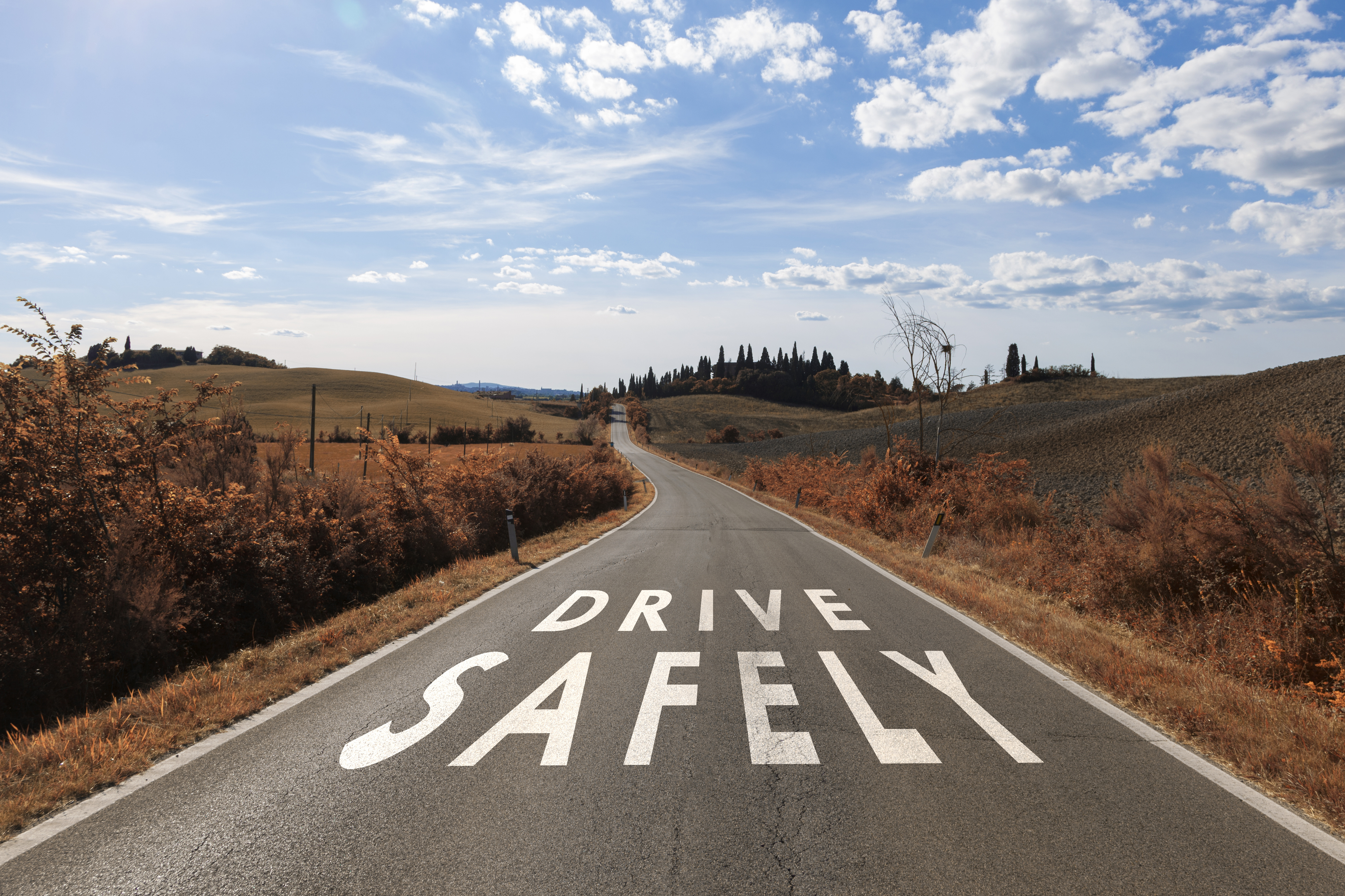Why You Should Audit Your Janitorial Staff’s Chemical Safety Training Procedures

It is an OSHA requirement that janitorial staff be trained on the hazardous chemicals they use. Most janitorial companies know about this requirement and include hazard communication in their new hire orientation. This may satisfy OSHA requirements, but is it enough to prevent a loss that may severely damage your business’s reputation?
If your company already has written cleaning procedures, Acuity Insurance recommends that you audit each employee at regular intervals to make sure they are following those procedures. If you do not have written procedures, developing them should be a priority. Improper cleaning can lead to four significant types of losses, which are outlined below. A quick procedural audit can reduce your loss exposure significantly.
Injury to an employee
Many acute chemical injuries occur before the chemical even leaves the storage room. Splashes of chemicals are common when transferring from a large container to a small container or when an improperly stored container spills while it’s being taken out of storage.
During your audit, check on safe storage conditions. All containers should be stored to prevent spillage and proper personal protective equipment should be provided.
Repeated use of a chemical can lead to chronic skin irritation. If employees do not report this irritation, it may worsen to the point where medical treatment is needed.
During your audit, ask employees about reporting issues as well as how to administer first aid for a chemical exposure.
Injury to your customer’s employee or guest
Using the wrong product can create a hazard – most likely a slip and fall. Not all cleaners are designed to clean floors; scientific research goes into developing cleaners for various surfaces and exposures. For example, using the wrong cleaner can lead to a slippery buildup on the floor surface.
During your audit, make sure chemicals are properly labeled and that employees know where to look or whom to call to determine what to use.
Using the right chemical in the wrong way can create a hazard. Most employees never read the back of the bottle, but those directions are critical. Rinsing with hot water or cold water could make a huge difference.
During your audit, ask employees to walk you through the cleaning process and check for a clear understanding of the tasks from start to finish.
Damage to furniture, flooring, & other fixtures
Applying the wrong chemical to a surface can create expensive damage. For example, using a harsh cleaner on a marble surface may seem like a great idea to an untrained employee until they see the resulting damage.
During your audit, check to make sure there are no unauthorized chemicals on site. We have seen claims resulting from employees bringing in their own chemicals to tackle a job because they didn’t want their supervisors to know they were having trouble.
The right chemical applied improperly can also cause damage. Some chemicals work better when allowed to soak into a material. In other cases, this can cause issues.
During your audit, ask employees specific questions about product use to test their knowledge.
Loss of revenue due to building evacuation
This is a worst-case scenario, but if the wrong chemicals are combined, an entire office may need to evacuate, resulting in loss of revenue for your customer (and probably a loss of revenue for you when the customer finds a new janitorial service).
During your audit, check to make sure incompatible chemicals are not stored in the same area. When possible, switch to an acceptable nonhazardous chemical and eliminate the potential issue completely.
An insurance company that cares about you and insuring the things you wish to be insured.
Get a Quote> Find an Agent>

